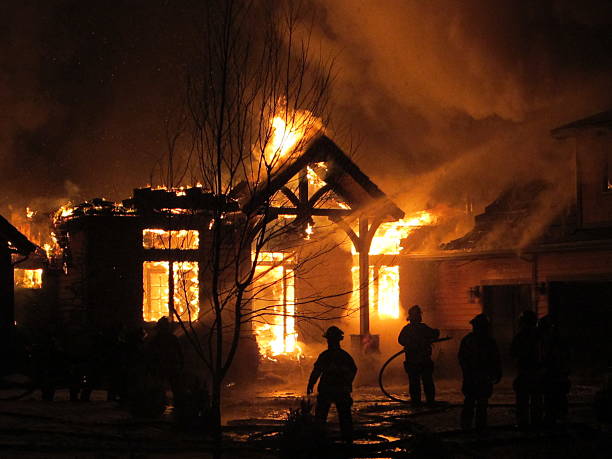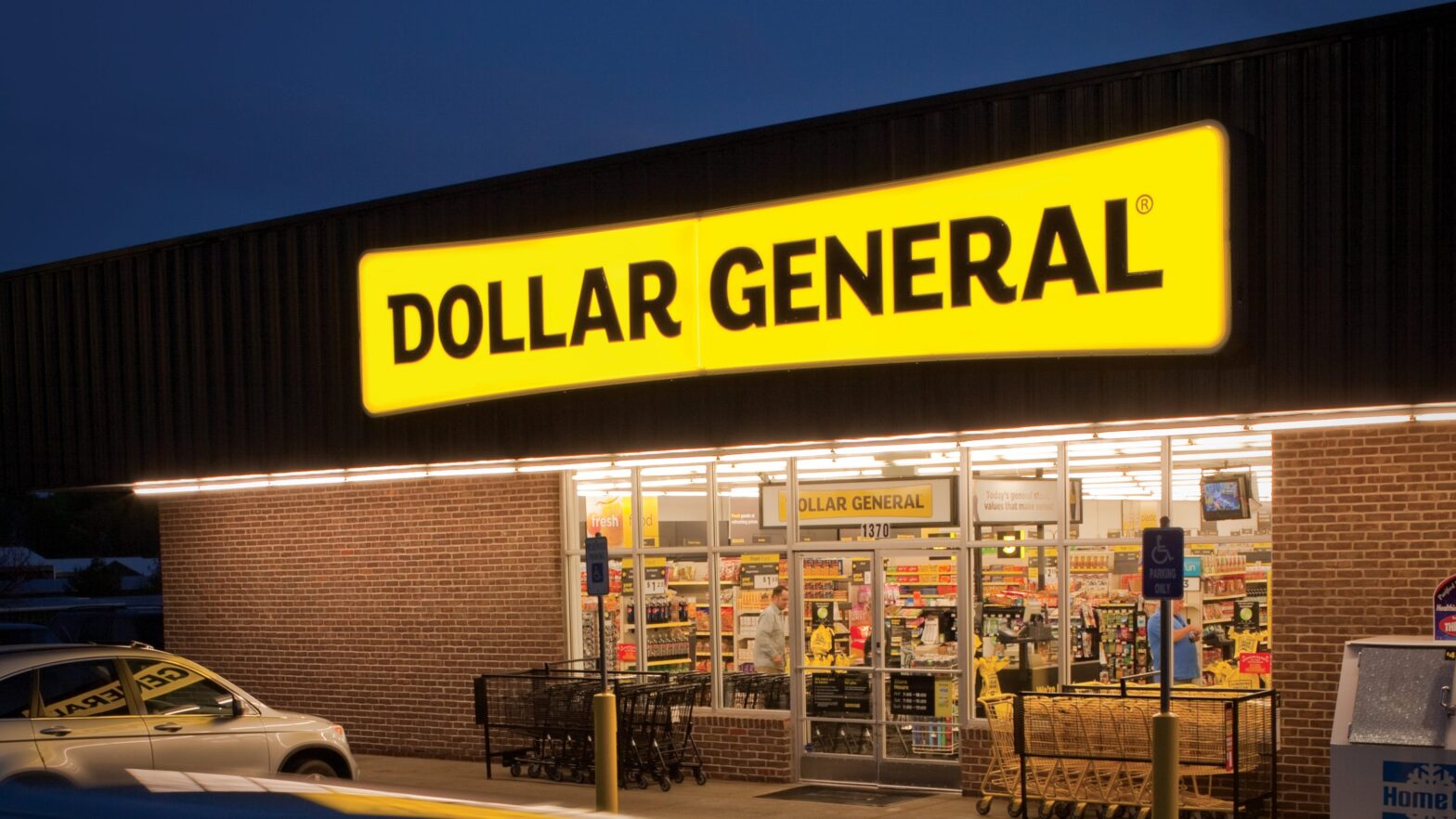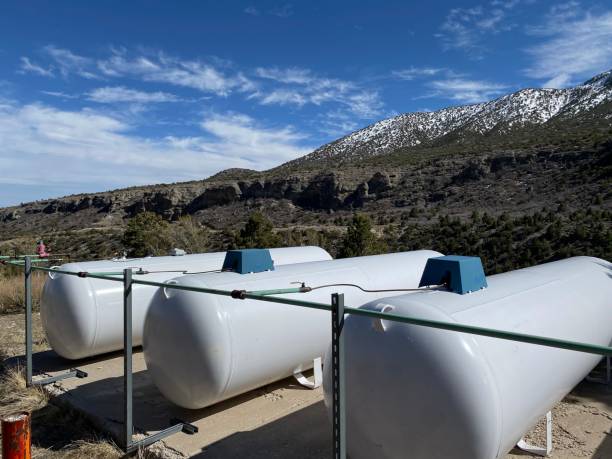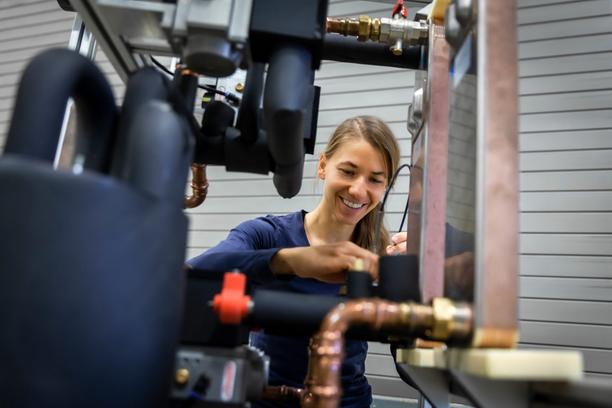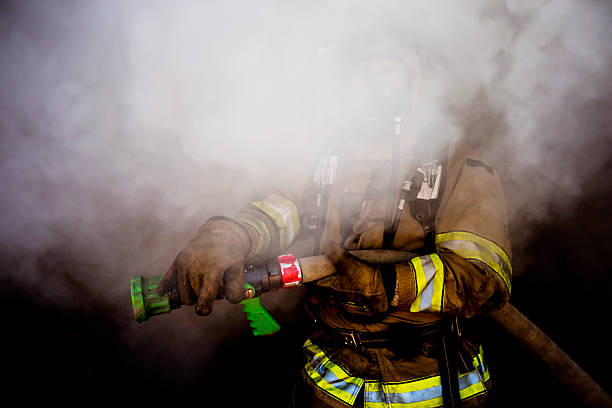Utilizing Virtual Reality for Effective Training in Routine Propane Tasks
Virtual reality (VR) has emerged as a valuable tool for training individuals in the propane industry to ensure proper protocol adherence. The Propane Education & Research Council (PERC) recognizes the significance of VR safety training and has approved the development of two VR modules with a budget of $150,000. The initial module, focused on lighting… Continue reading Utilizing Virtual Reality for Effective Training in Routine Propane Tasks
Virtual reality (VR) has emerged as a valuable tool for training individuals in the propane industry to ensure proper protocol adherence. The Propane Education & Research Council (PERC) recognizes the significance of VR safety training and has approved the development of two VR modules with a budget of $150,000.
The initial module, focused on lighting a pilot, originated from the collaboration between AmeriGas and NextWave Safety Solutions, a leading VR safety training developer based in New York City. The success of this pilot light module led to further improvements and the development of a second module for filling a 100-pound cylinder.
The propane industry benefits greatly from VR training, particularly for tasks that involve potential dangers, high costs, or complex procedures. Margaret Hiatt, educational content manager at PERC, emphasizes the importance of VR in highlighting the consequences of unsafe practices, such as running a stop sign while driving a bobtail. Traditional training methods for such hazardous situations are impractical and costly. VR provides a safe environment for trainees to make mistakes and learn from them.
Daniel Stein, director of client solutions at NextWave, further highlights the value of VR in training for tasks that are typically mundane or unengaging in traditional formats. VR brings liveliness to the learning environment, enhancing student engagement and knowledge retention. NextWave’s experience with construction professionals in Occupational Safety and Health Administration training demonstrates the significant improvement in learning outcomes when VR is incorporated.
VR safety training is best utilized in a classroom setting for optimal results with expert instructors guiding individual students through the program. Other students can observe the experience on a monitor, further enhancing the learning process. However, PERC emphasizes that VR modules should complement, not replace, traditional classroom instruction, practical training, and e-learning.
For instance, the pilot light training traditionally involved e-learning or instructor-led training followed by on-the-job training with an experienced mentor. With VR, trainees can practice lighting a pilot after receiving instruction before venturing into the field for hands-on training. This approach empowers trainees to experience potentially dangerous situations in a controlled virtual setting, making informed decisions when faced with similar scenarios in the real world.
VR safety training also proves valuable for remedial training following an incident. When implemented effectively, VR training reduces overall time and costs while improving learning outcomes. These benefits are crucial for propane businesses, as workers’ compensation injuries can be financially burdensome for employers and have long-lasting effects on employees.
While VR programs offer numerous advantages, there are potential pitfalls to consider. Imparting basic knowledge or training for tasks that can be easily practiced in real life is not cost-effective in a VR setting.
Additionally, the length of the program should be minimized to avoid motion sickness and cater to individuals with conditions like vertigo. Companies must also invest in appropriate infrastructure, including headsets, software, and instructor training, to effectively implement VR training on a larger scale.
PERC’s project team, involving several propane marketers, strives to scale the VR programming based on industry feedback from the pilot light and cylinder fill training. Subject matter experts contribute their industry-specific knowledge to ensure the programs accurately represent real-life scenarios and convey essential learning objectives. Through randomized “what if” scenarios, trainees are tested on safety knowledge and awareness, allowing diverse learning experiences and ample opportunities for retraining.
VR training can simulate dangerous consequences for improper behavior, even if technicians do not encounter such consequences in real life. This immersive experience helps enforce proper procedures and prevents the development of unsafe habits. A tutorial on headset usage will be provided to industry members, and training sessions may be conducted during PERC’s annual Propane Education & Training Conference.
The propane industry has vast opportunities to expand VR training beyond the current modules. Future possibilities include driving a bobtail, evacuating propane containers, filling containers, managing uncontrolled propane releases, developing soft skills for challenging workplace conversations, and container transportation.
As the propane industry embraces the potential of VR training, keep an eye out for updates in PERC newsletters, webinars, and communications about the VR program in the coming months. With the integration of VR, the propane industry can enhance training effectiveness, reduce costs, and prioritize safety in routine tasks.




